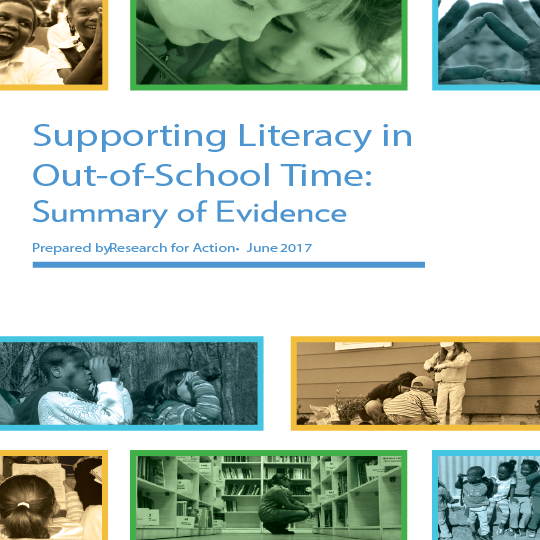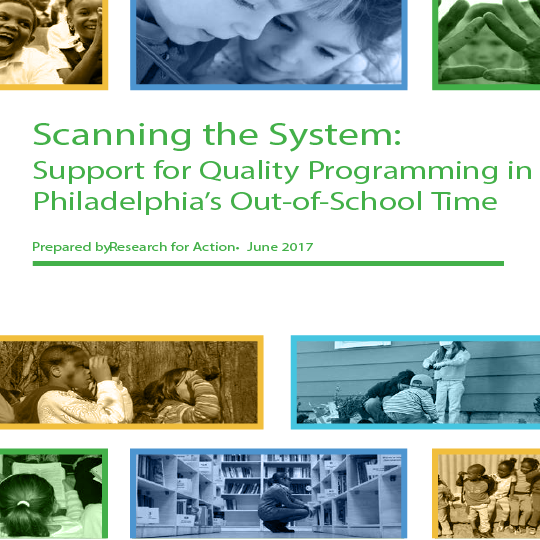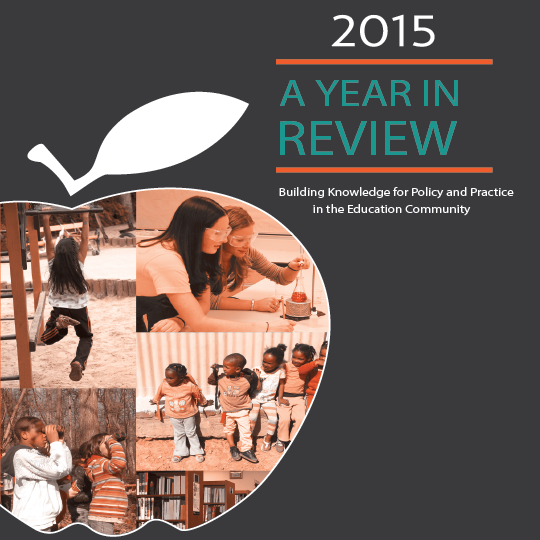Earning a high school diploma is a milestone that has been linked to many later life outcomes, from employment to incarceration to physical health, and impacts society as a whole through tax revenues and government spending. Yet, youth leaving school prior to obtaining a diploma remains a challenge nationwide, particularly in large cities.
Given the importance of a high school credential, many interventions have been tested to curb school-leaving and support students through graduation. Congreso’s Éxito program, the focus of this report, is focused on providing that support and consists of an afterschool program combined with case management services provided to a subset of students. This report focuses on the impact the Éxito program had on participating students at Kensington Creative and Performing Arts (KCAPA) who started high school in 2016-17 and examines their outcomes through 2019-20, what should have been their senior year.
This study was guided by the following research questions:
- Over the 4 years of the study, how many students participated in the Éxito program at KCAPA and to what degree?
- Were students in the KCAPA Éxito program doing better academically and behaviorally than a matched comparison group of students?
- How did program dosage influence academic and behavioral outcomes?
- Were program participants with Early Warning Indicators (EWI) less likely to leave school without a diploma than a matched comparison group of students with EWI who were not participating in the program?To answer these questions, RFA leveraged a quasi-experimental design to understand the impact the Éxito program had on academic and behavioral outcomes at KCAPA. Treatment students were those students from the cohort that started high school in 2016-17 who participated in any Éxito programming at KCAPA. Control students were drawn from the two preceding cohorts at KCAPA and matched to control students using propensity score matching.
Key findings from the study were:
- Participation rates lagged behind initial expectations, both in number of students and intensity of participation, but at least a third of students had sustained participation over multiple years.
- Éxito participants had significantly higher graduation and on-track rates and better credit accumulation compared to matched comparisons, but no significant impacts were found on rates of school-leaving or GPAs and minimal impacts were detected on behavioral outcomes.
- Students with more participation saw more improved outcomes compared to non-participants and case management had a larger effect on student outcomes than afterschool attendance alone. These subgroup analyses, in particular, should be interpreted cautiously, since they are particularly constrained by the small sample size.
- Éxito was highly effective at getting students back on track to graduation after falling off track during their first year of high school.
This report concludes with recommendations for Congreso and for the wider out-of-school time field.







